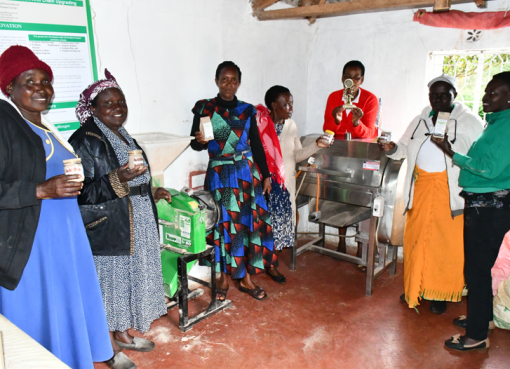Ministry of Agriculture in conjunction with the Narok County government has launched a Sh200 million aerial spraying campaign to combat the over 10 million quelea birds which have invaded wheat farms in Narok County.
Speaking when she launched the exercise in Narok on Wednesday, County Chief Officer in charge of Agriculture Mrs. Grace Mugo said the exercise will be carried out in various roosts at Nairasarasa and Melelo in Narok South, Il-mashariani in Narok North and Nairegia Enkare in Narok East, each roost containing not less than 3.5million birds.
“This is quite a large number of birds which can cause massive damage to crops with each bird consuming about 10 grammes each day,” she said.
Mugo said the birds pose great risk to expected harvest as the birds were very destructive to crops like wheat, rice, sorghum and barley especially in their milk stage, destroying over 40 per cent of the total harvest.
Speaking during the launch of the exercise, Assistant Director in charge of migratory pests control in the ministry of Agriculture Mr. Stanley Kipkoech Arap Talle said they were carrying out the exercise in conjunction with the Desert Locusts Control Organisation of East Africa who own the aircraft and provided a bulk of the chemicals that will be used during the exercise.
The exercise which is expected to last almost a month to eradicate all the birds will cost close to Sh200million.
Narok farmers planted about 60,000 hectares (over 150,000 acres) of wheat and are expecting to harvest over 1.8 million bags of wheat produce this season as opposed to 2 million bags during the same season in 2018 due to erratic rains.
This harvest which is set to start in July in some areas risk being reduced further by these marauding birds if they are not checked.
The county produces up to 50 per cent of wheat that is consumed in the country.
Kenya is a wheat-deficit country relying on imports to meet the growing demand of the product.
It ships in two-thirds of total requirements to meet the annual consumption of close to One billions tons of wheat each year.
By Mabel Keya/Alvin Murithi
Agriculture ministry use aerial spray to combat quelea birds




